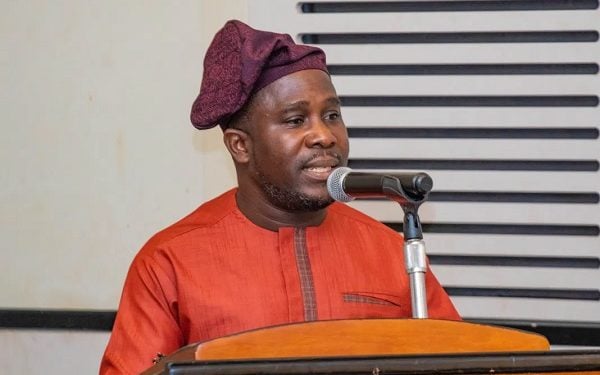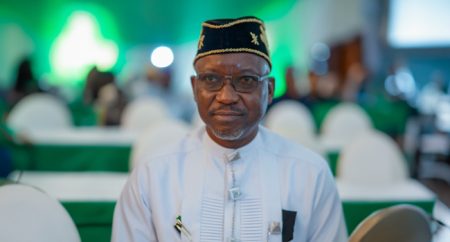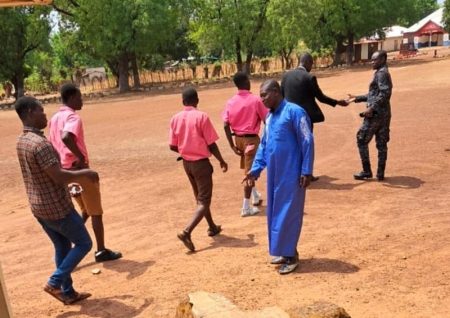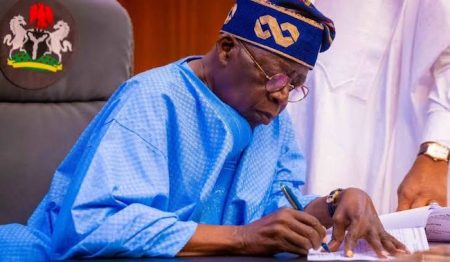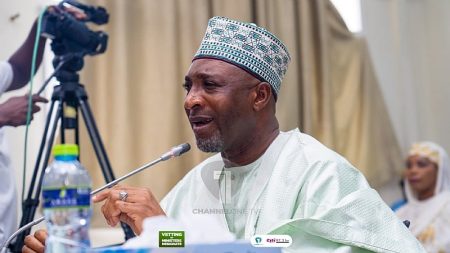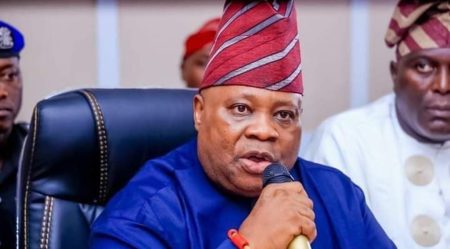Ghana’s energy sector is grappling with a multifaceted crisis that threatens to prolong the nation’s recurring power outages, locally known as “dumsor,” for the remainder of the year. The confluence of operational inefficiencies within the Electricity Company of Ghana (ECG), deteriorating infrastructure, and persistent financial constraints across the energy sector has created a perfect storm, according to Nana Amoasi VII, Executive Director of the Institute for Energy Security (IES). These issues, if left unaddressed, will continue to plague the nation with intermittent power supply disruptions, hindering economic activity and impacting daily life.
At the heart of the crisis lies the ECG’s struggle with revenue collection and equitable distribution of funds within the energy sector. This financial bottleneck has a cascading effect, crippling the ability of other key players to invest in critical infrastructure upgrades and maintain essential operations. The Ghana Grid Company (GRIDCo), responsible for power transmission, faces challenges in modernizing its ageing infrastructure due to inadequate funding. Similarly, power generation companies, both public and private, are hampered by financial limitations, affecting their capacity to generate sufficient electricity. Even the West African Gas Pipeline Company (WAPCo), which supplies vital natural gas for power generation, faces potential disruptions due to the financial instability within the sector.
Compounding the problem is Ghana’s precarious power generation capacity. The nation often finds itself in a situation where demand for electricity equals or exceeds supply, leaving little room for error. This precarious balance is further destabilized by frequent power plant outages resulting from fuel shortages and necessary maintenance shutdowns. The combination of limited generation capacity and unreliable power plant availability creates a fragile energy landscape susceptible to frequent disruptions. Any unforeseen outage or surge in demand can easily tip the balance and trigger load shedding, perpetuating the cycle of “dumsor.”
The financial strain extends beyond internal operations, impacting Ghana’s ability to meet its international obligations. A significant debt of $75 million owed to N-Gas Limited, a crucial supplier of natural gas through the West Africa Gas Pipeline, remains unpaid. This outstanding debt not only jeopardizes the continuous supply of gas, a vital fuel source for power generation, but also underscores the broader financial challenges facing the energy sector. The inability to settle this debt further reinforces the perception of financial instability and could potentially strain Ghana’s relationships with crucial international partners.
While acknowledging the public’s frustration with the persistent power outages, Energy Minister John Jinapor has appealed for patience, assuring Ghanaians that the government is actively working to address the root causes of the crisis. He pointed to the country’s lack of spare capacity as a significant contributor to the ongoing challenges. This lack of reserve power generation capacity leaves the system vulnerable to disruptions, as there is no buffer to absorb fluctuations in demand or unexpected outages. Building additional capacity is crucial for long-term stability, but requires substantial investment and planning.
The future of Ghana’s energy security hinges on addressing these interconnected challenges. Resolving the ECG’s inefficiencies, improving revenue collection, and ensuring equitable distribution of funds within the sector are critical first steps. These measures would create a more sustainable financial foundation, enabling GRIDCo and other key players to invest in necessary infrastructure upgrades and maintain reliable operations. Furthermore, increasing power generation capacity and diversifying fuel sources are essential for meeting the nation’s growing energy demands and reducing reliance on any single source. A comprehensive and coordinated approach involving all stakeholders, including the government, energy companies, and international partners, is crucial for achieving long-term energy stability and ending the cycle of “dumsor” in Ghana. Failure to address these issues effectively will likely result in continued power outages, hindering economic growth and impacting the lives of ordinary Ghanaians.





